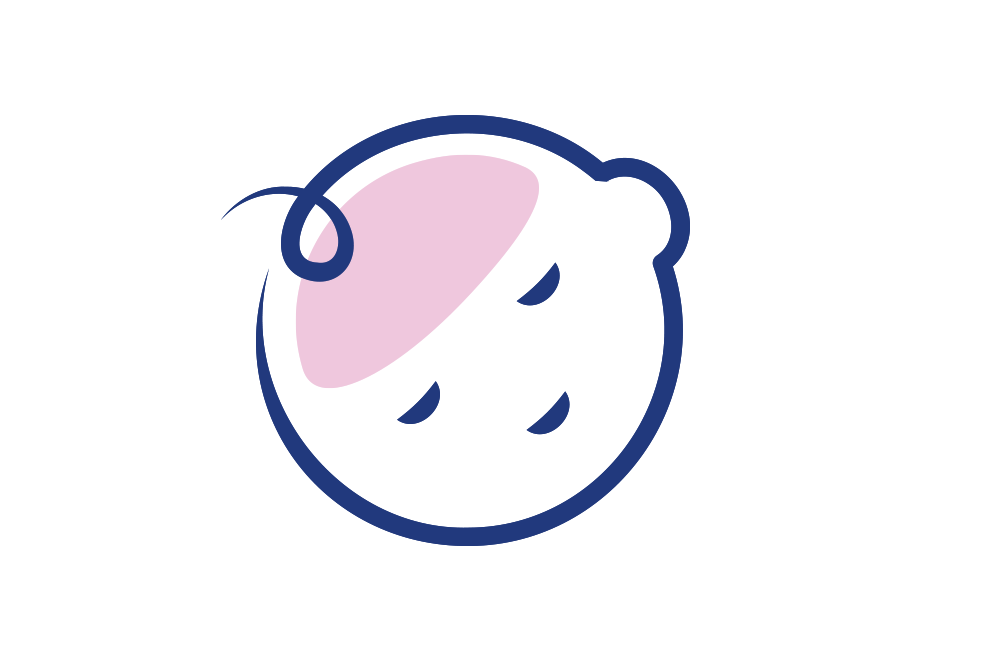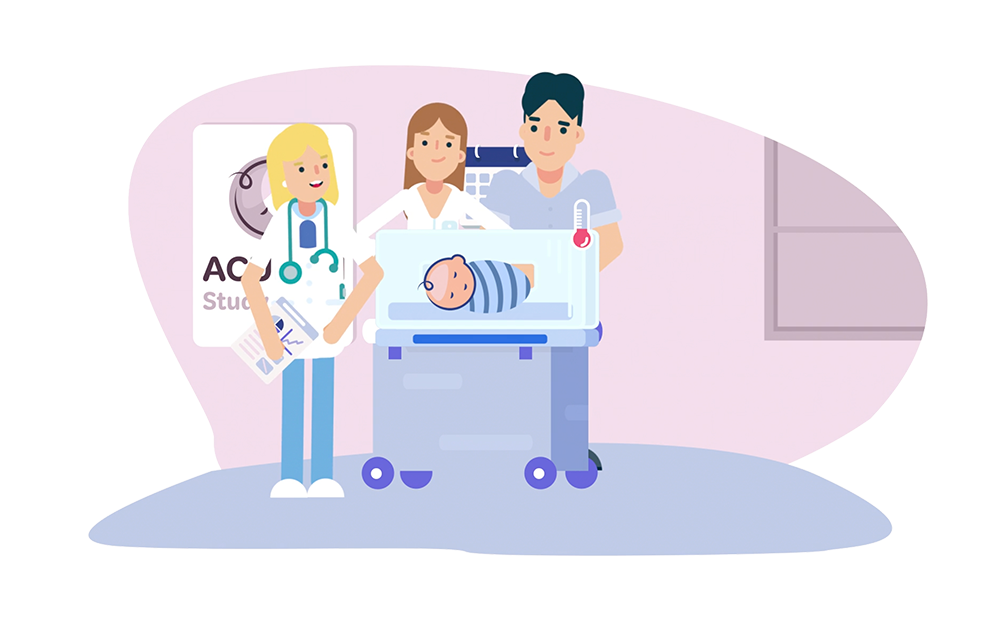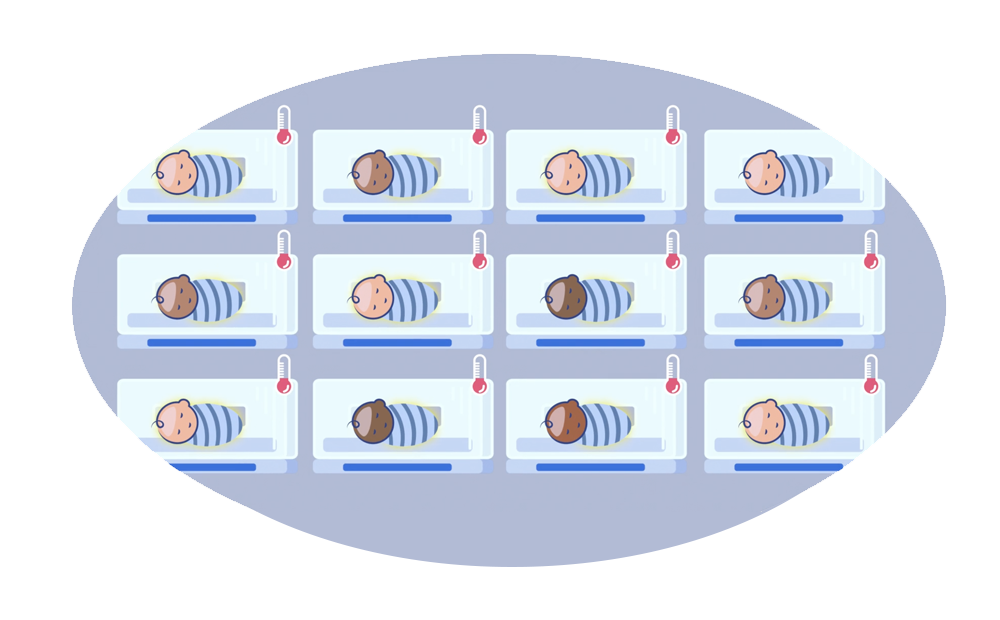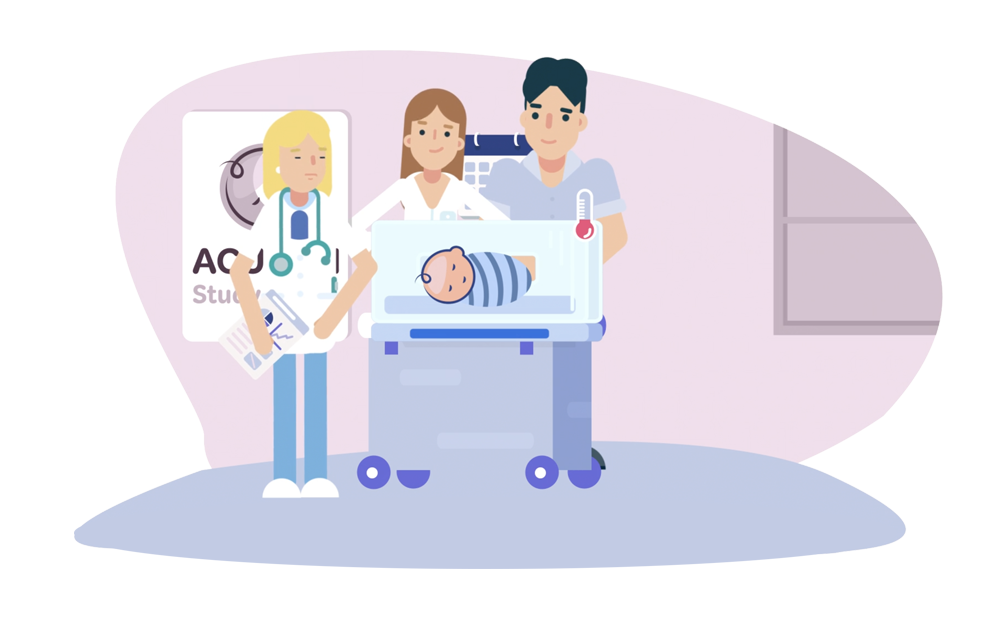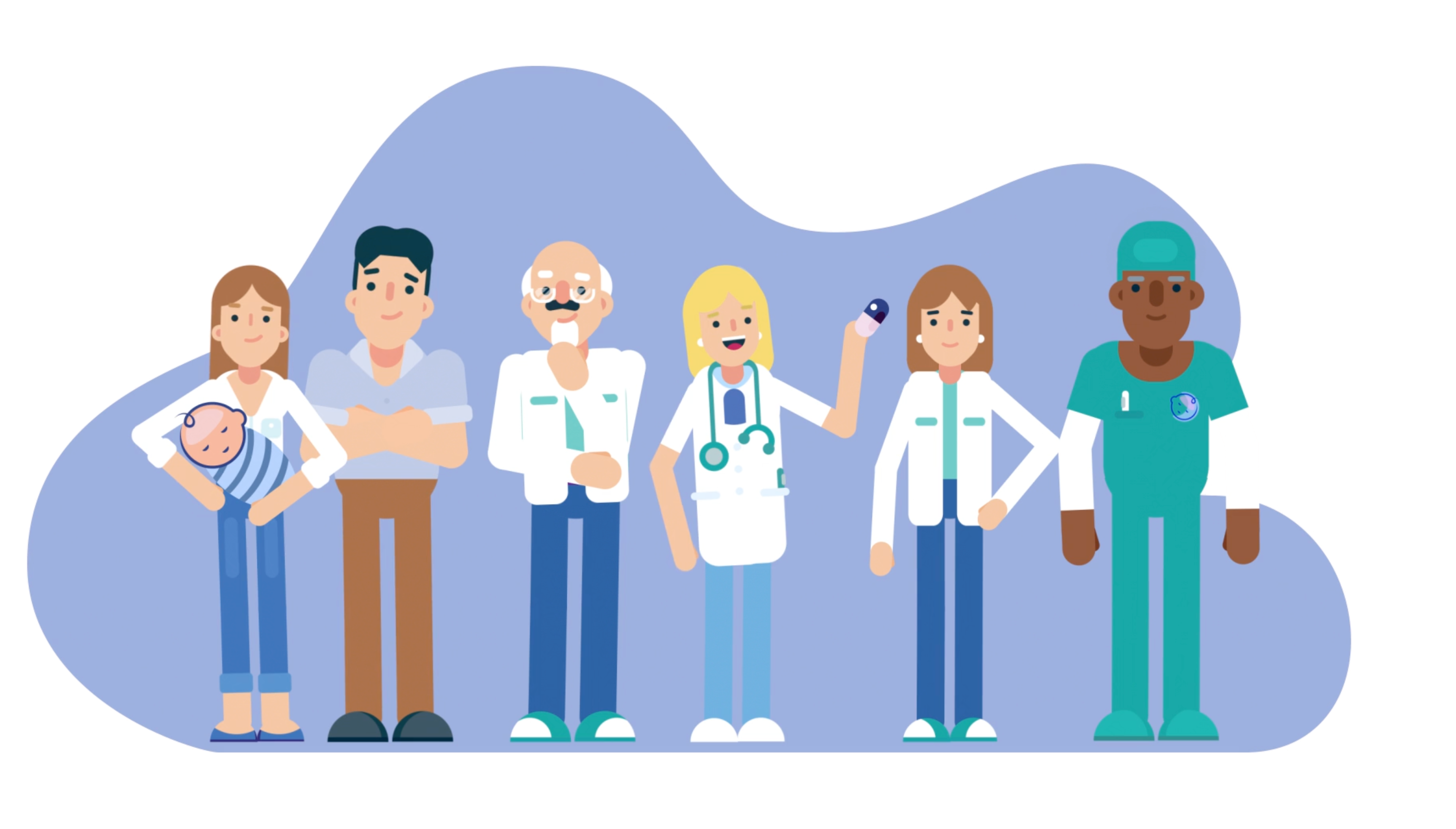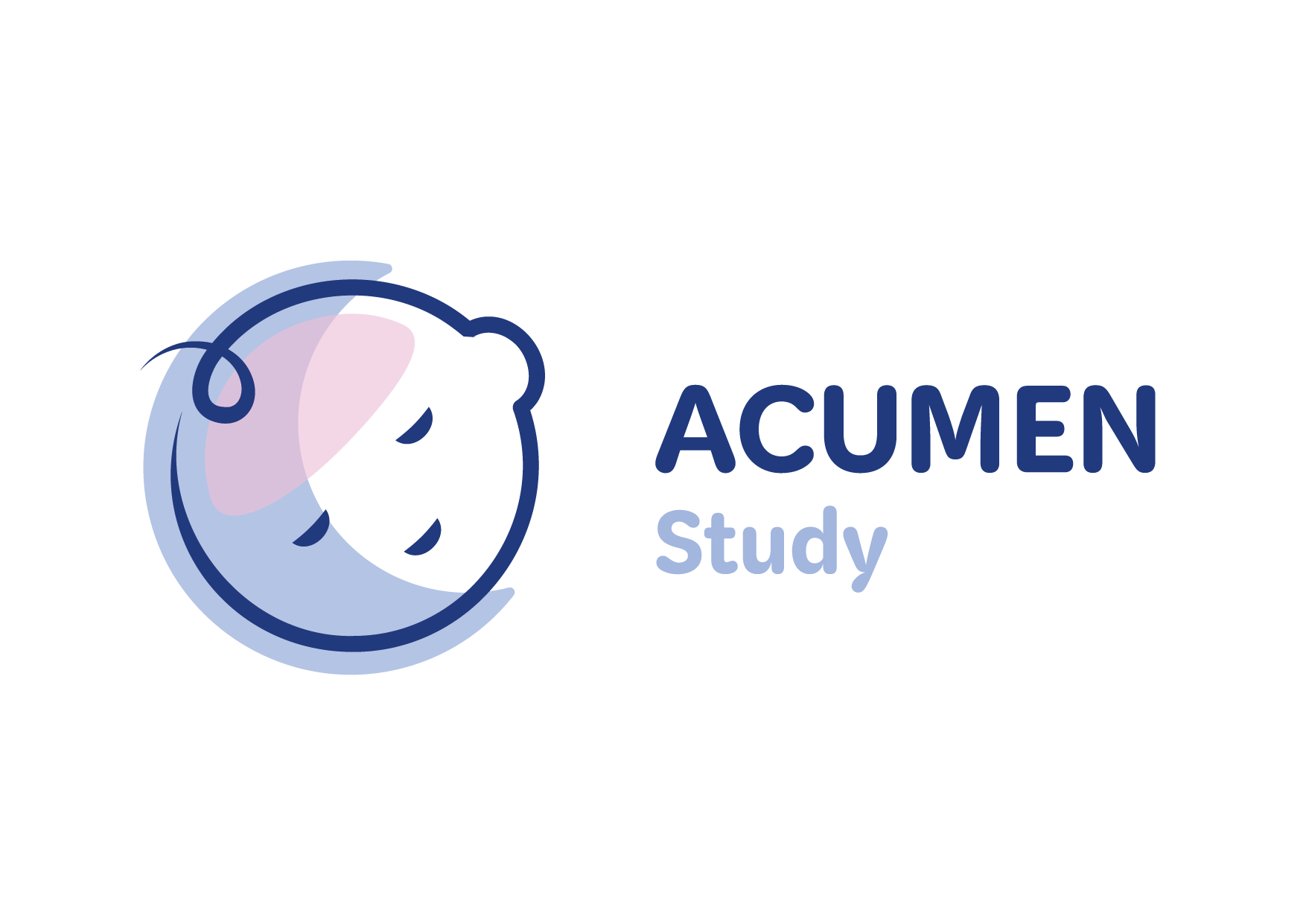What is melatonin?
A Potential Ally in Recovery
Melatonin is a natural hormone our body makes to help regulate sleep. It is safe and is used in children to treat sleep problems when taken by mouth. However, since babies with HIE might not absorb melatonin well if taken by mouth, we need to give melatonin directly into the bloodstream through the vein (intravenous - IV).
Melatonin is a potential new treatment for HIE. Multiple research studies in animals have demonstrated that high doses of melatonin alongside cooling can provide better brain protection compared to cooling alone. Results from these studies show that, for melatonin to work well, high levels of melatonin in the blood (15-30mg/L) are needed within 6-8h of baby being born. These levels are much higher than the natural levels of melatonin the body makes (about 10,000 times higher). However, its effectiveness in babies is not yet known, and this study aims to find out whether melatonin can be safely given to newborns and whether it reaches the levels in the blood that were found to be beneficial in multiple animal studies.
To make melatonin into a liquid form, we needed to add a chemical that helps melatonin dissolve (called an excipient). In this melatonin preparation, a small amount of ethanol (alcohol) is used. This is already found in other common medicines used in newborn care (e.g., furosemide, iron, phenobarbital). Preclinical research shows that ethanol can also help protect the brain, which is why it is included as an “adjuvant” (helpful) excipient. After each dose of the study drug, your baby’s blood alcohol levels will be checked alongside melatonin levels to ensure they stay below a limit deemed to be safe (below 0.25 g/L).


















